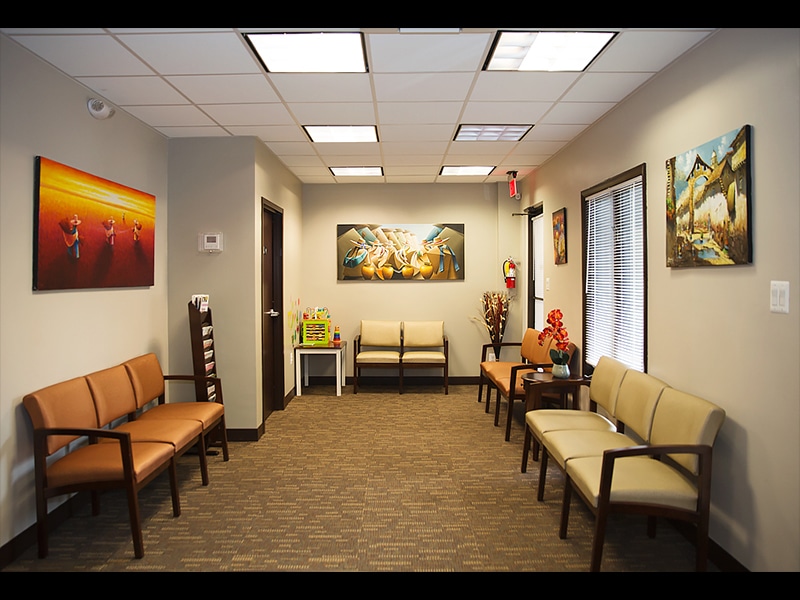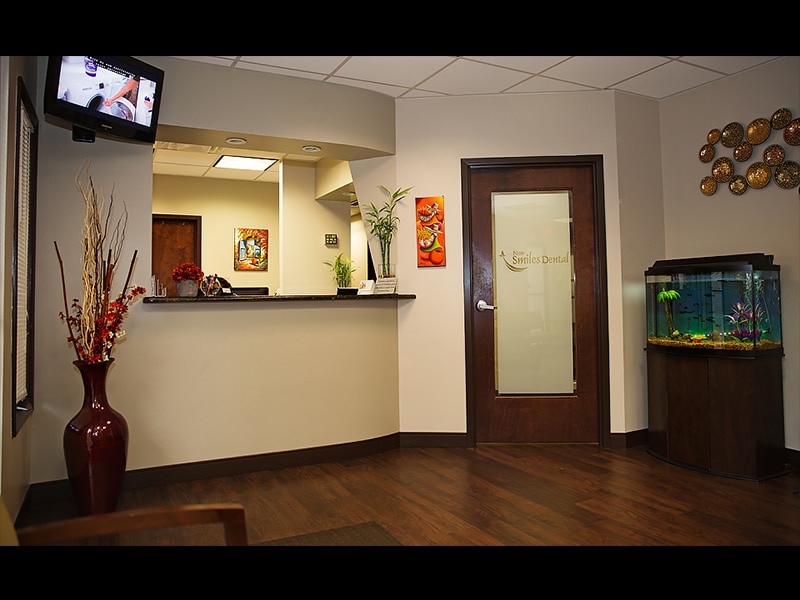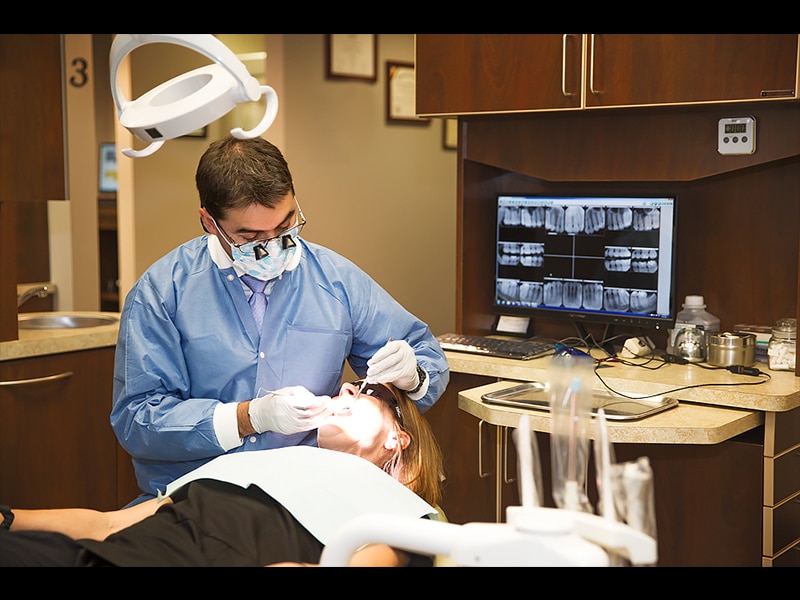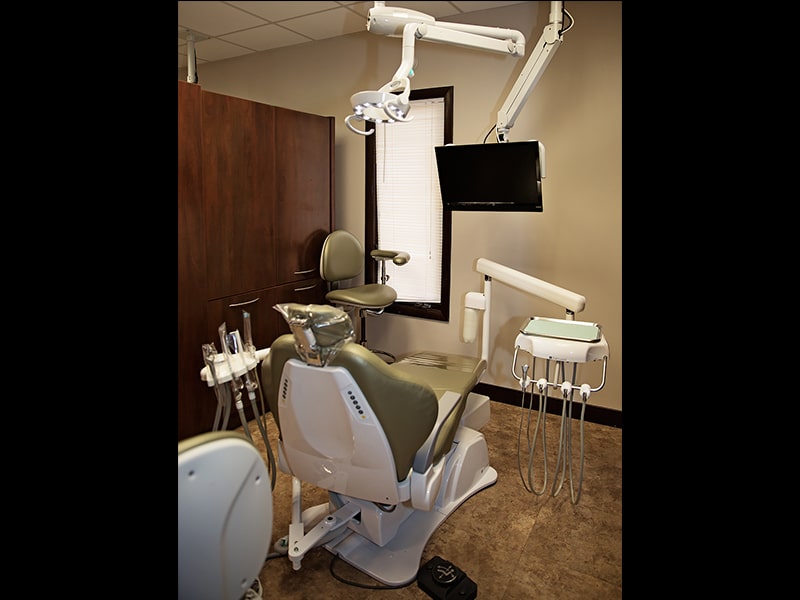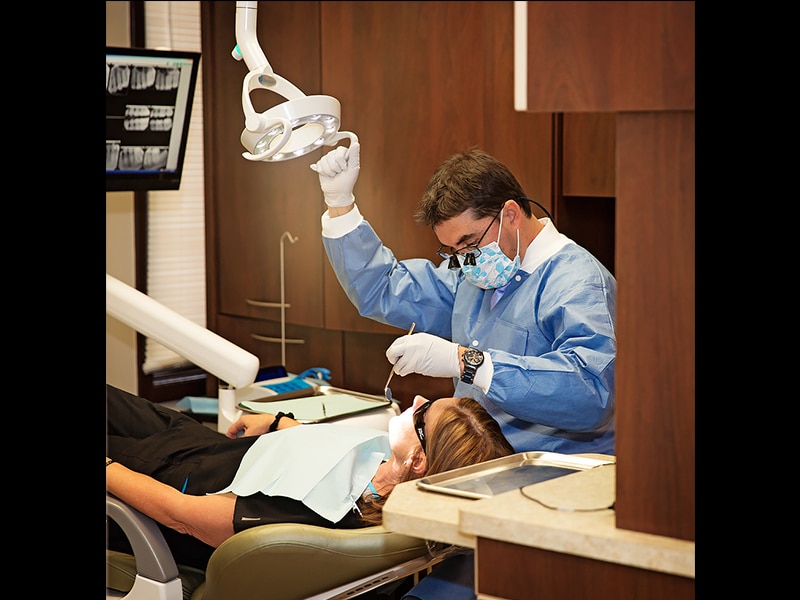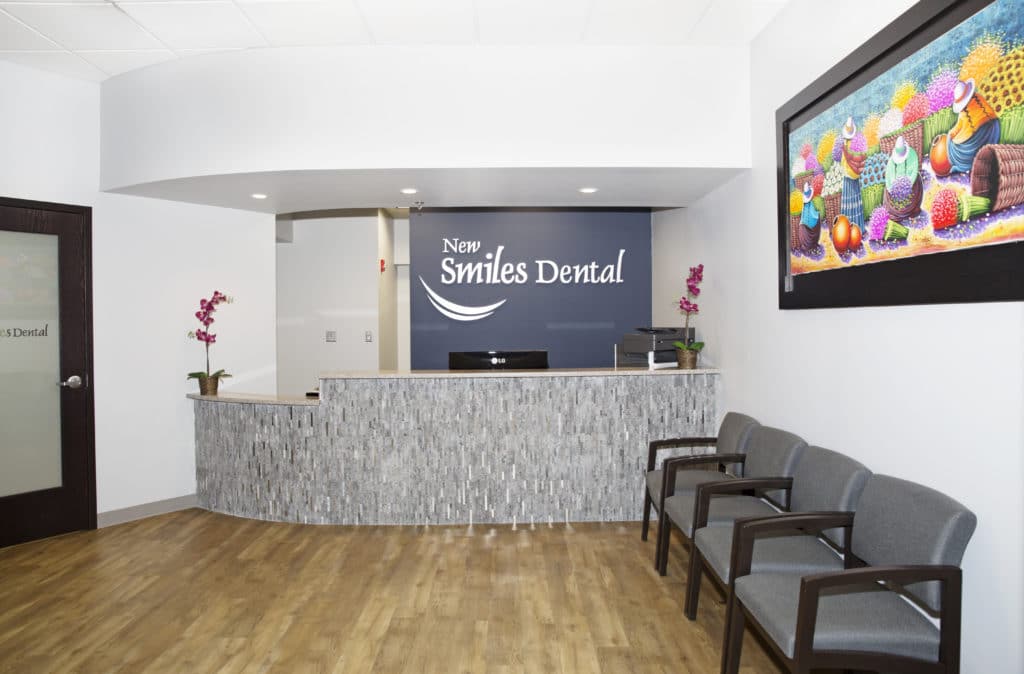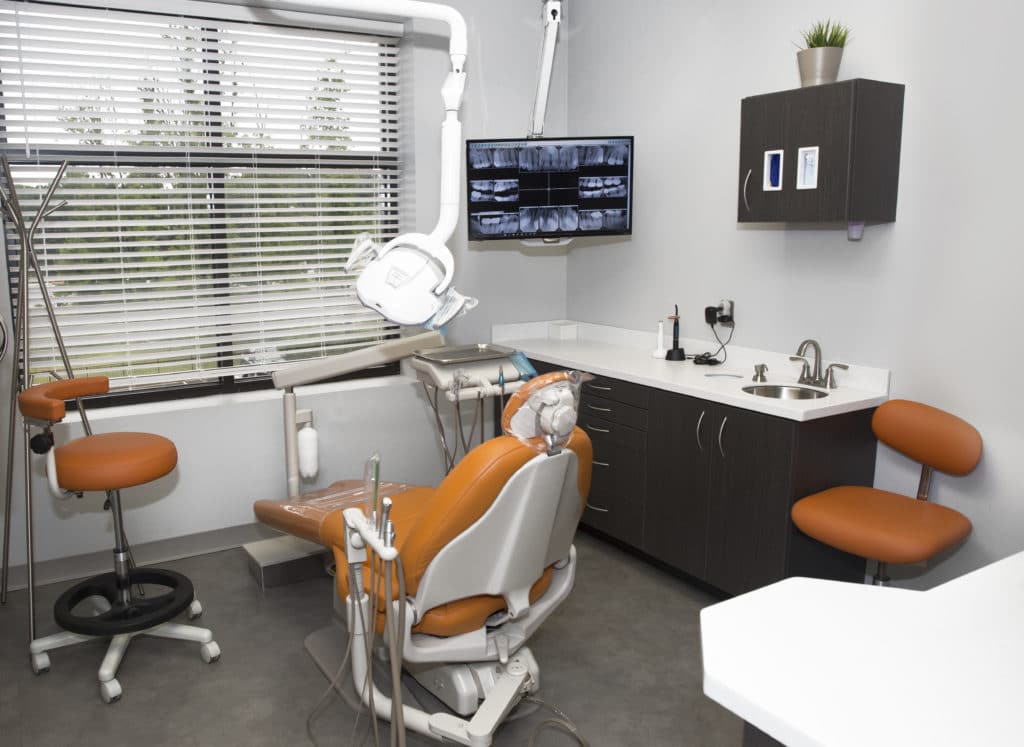Wisdom teeth, also called third molars, are the last teeth to develop in your mouth. They usually appear during the late teens or early twenties. For many people, wisdom teeth don’t cause any problems and they can be left alone.
Wisdom teeth can cause problems if they don’t come in (erupt) properly. They may not have enough room to come in (erupt) or they may be at an angle. When this happens, they’re called impacted wisdom teeth. Impacted wisdom teeth can crowd other teeth and cause pain. They can also get infected. Infected wisdom teeth can damage nearby teeth and bone. They can also cause cysts.
If you have wisdom teeth, your dentist or oral surgeon will watch them closely to see if they need to be removed. Wisdom teeth that are causing problems (like pain or crowding) usually need to be removed. However, wisdom teeth that come in (erupt) without any problems can be left alone.
If you’re facing wisdom tooth removal, it’s important to know what to expect. The procedure is typically done by an oral surgeon in a hospital or surgery center. It’s usually done under local anesthesia, which numbs the area around your wisdom teeth. You may also be given sedatives to help you relax during the procedure. The good news is that wisdom tooth removal is a relatively common procedure and it’s usually not too painful.
After your wisdom teeth are removed, you’ll likely have some swelling and soreness in your mouth. This is normal and will go away within a few days. Your oral surgeon will give you pain medication to help with any discomfort. You will also have some bleeding. It’s normal to see some blood in your saliva or on the gauze pad for 24 hours after the procedure. You should not drink hot beverages, smoke, or rinse your mouth vigorously for 24 hours after the procedure. This can cause bleeding.
Moreover, you should eat soft foods for a few days after the procedure. Foods like soup, eggs, and yogurt are good choices. Avoid hard, crunchy, or sticky foods. Your dentist or oral surgeon will see you for a follow-up visit a few days after the procedure. You should brush and floss your teeth carefully, but be gentle around the area where your wisdom tooth was removed. Your mouth will heal in a few weeks.
Wisdom tooth removal is a fairly common procedure, and most people recover quickly and without any complications. However, as with any surgery, there are some risks involved. These include bleeding, infection, damage to nearby teeth, and reactions to anesthesia. Be sure to talk to your oral surgeon about all the risks and benefits of wisdom tooth removal before having the procedure.
If your wisdom teeth are causing problems or you’re at risk for complications, wisdom tooth removal may be the best option. By knowing what to expect, you can help make the experience as smooth and stress-free as possible. Wisdom tooth removal is a common procedure, but it’s not without risks. Contact us today if you have any questions or concerns. We want to make sure that your experience is as positive as possible!


